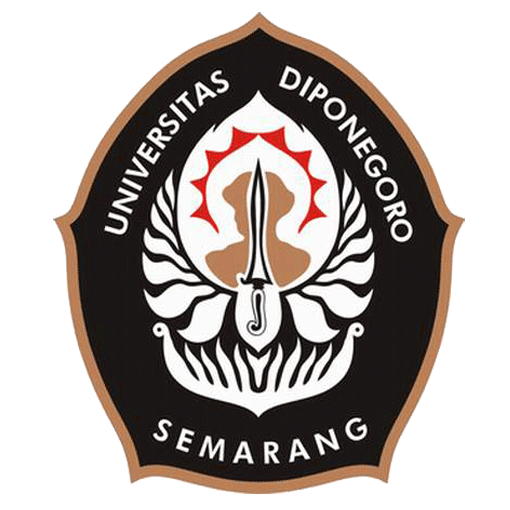SEMARANG – Diponegoro University (Undip) Semarang together with the international agency Unicef (United Nations Children’s Fund) invites Posyandu (Integrated Service Post) to collaborate in anticipating the impact of COVID-19 pandemic on the nutritional adequacy of children, toddlers and pregnant women.
This was stated in the Webinar Series 1 held by the LPPM Undip Research Center with the theme “Nutrition Service System during the Covid-19 Pandemic and adaptation of new habits in Central Java” which was held Friday (7/8/2020). Researcher from Puslitkes LPPM Undip, Drs Syamsul Huda BM MKes, said the transformation of Posyandu was inevitable.
The invitation was based on the fact that so far, the role of Posyandu in monitoring the nutrition and health of children, toddlers and pregnant women was quite significant. However, due to the COVID-19 pandemic, Posyandu activities were disrupted. For that reason, Posyandu was invited to carry out a transformation in hope that it could continue to partake in its original role even in a pandemic situation.
Posyandu needs to carry out a transformation by applying new habits so that they can continue to be as active as before. The hope is that despite the corona outbreak, the health and well-being of children can be maintained, and pregnant women can remain healthy and able to deliver birth to healthy babies as expected. In the context of Posyandu transformation, collaboration between five sectors is necessary, i.e. the government for its policies, academics and universities in terms of ideas and offering solutions, private sector, as well as community and mass media. There needs to be a synergy of stakeholders, which commonly called penthahelix.
“It is undeniable that during this pandemic, the Posyandu service, which was originally always intensely monitoring the health of toddlers and pregnant women, have somewhat declined. The amount of community visits due to the provision of physical and social distancing that is. Whereas the role of Posyandu in nourishing the community is very important,” said Syamsul Huda in his presentation entitled “The Role and Function of Posyandu in Nourishing the Nation”.
Indeed, Syamsul admitted, at this time, apart from having Posyandu that were running in place or in mediocre conditions, there were several Posyandu that could move quickly. “The problem is, the nutritional health issues must be continuous. For this reason, posyandu transformation becomes a necessity. Like it or not we have to keep up with times,” he said.
Doctor Karina Widowati, a representative from Unicef, shared the same opinion. From Unicef’s data for the Asia Pacific region, it is known that the average number of malnourished on toddlers is 5.3 million, where Indonesia is in the highest position with malnutrition. Meanwhile, the prevalence of acute malnutrition in Indonesia also occupies a high position in Asia Pacific, with a case burden of around 600,000 for toddlers.
The COVID-19 pandemic situation has made this as multidimensional issue. Not only there are social restrictions, but disruption of the community’s economy which can be directly correlated with people’s ability to receive good nutrition. This situation clearly affects the family’s ability to provide balanced nutrition for children, toddlers and pregnant women.
“What we need to pursue is the fulfillment of nutrition in children, not to the level of acute malnutrition, as this has the potential to cause stunting three times higher,” he said.
Head of the Central Java Provincial Government Health Office, Dr. Yulianto Prabowo M Kes, said the impact of the pandemic was not only on Posyandu, but also on Puskesmas services. Yulianto said there were about 28% who were unable to operate per usual. The number of visits also decreased to 86.9% compared to the previous data, visits by health educators to households also fell by 42.4%.
However, the Central Java Provincial Government will continue to strive its best so that in the new normal or new habits, people can be more disciplined in implementing health protocols. Central Java has a “Jogo Tonggo” program, which empowers people to remind each other, supervise and look after their neighbors. As a consequence, Posyandu activities must also conform to the COVID-19 health protocol.
